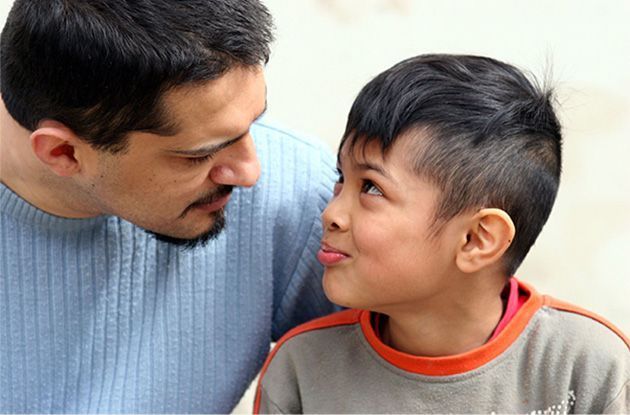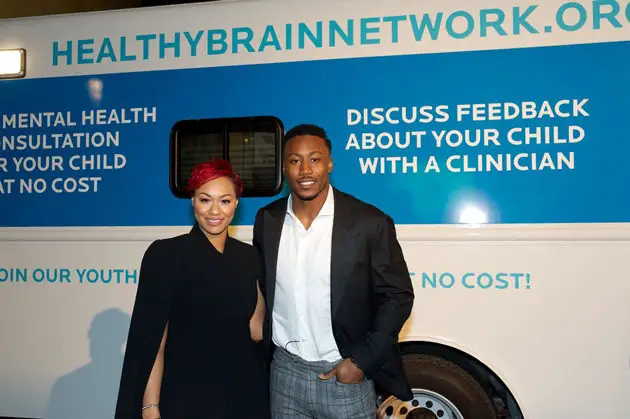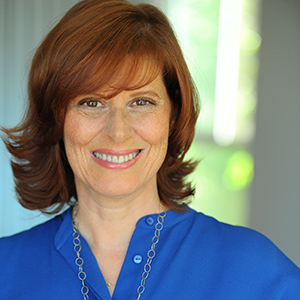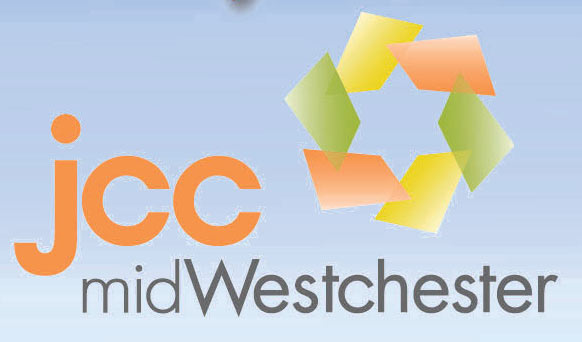
How to Discuss Your Child's Diagnosis with Your Child
Get can’t-miss family activities sent to you!
Get the Best Kid-Friendly Activities
Sent to You Weekly!
Knowing and accepting that everyone learns differently and has different needs. No one has it all. Learning that each person has unique
needs and everyone needs help in becoming the best person they can be. Talking to your child about different talents and pointing out the ways that they are uniquely talented (as opposed to a sibling or neighbor who excels in another area) is a good way to make the concept resonate.
Step 2: Getting Information
Finding the name for what they have and learning about it (if a name exists). This is an important step, as learning what dyslexia or ADHD or ASD are can elicit different reactions in children. Some may feel relieved that there is a name for what they have. Other children may be frightened or annoyed and scared that there is something ‘wrong’ with their brain. Finding the best way to deliver the information is important. Some parents can read their child a book that help describe a kid that struggles in similar ways; for others, a trip to an informed therapist can help pave the road. Children take comfort in hearing that they are not the only ones with this type of difference.
Step 3: Monitoring
Learning the best interventions and accommodations that work best for them. For many children, this is where a solid neuropsychological assessment can make the difference. A good assessment should have a list of optimal interventions, discussions about a child’s learning style, and a roadmap of accommodations that will work best for your child. It is advised that older children be part of the debriefing plan to learn more about themselves from a professional who has just tested them.
Step 4: Self-Advocacy
Knowing how to talk about it with others becomes important as a child grows up. This is a critical transitional step that helps a child move from dependence to self-reliance. This should begin to happen in high school, if not sooner. Children may need to practice how to speak to teachers, coaches, or other adults about their particular conditions. By the time teens are preparing for college, this information should be clear, crisp, and effective. I often coach older teens how to use scripts when speaking to high school teachers or college professors. Don’t hesitate to use a script and model how to discuss a child’s differences with others.
These stages may not happen in a neat, orderly sequence. In fact, a child may take until his 20s to get through all four stages. Ideally, we’d like our kids to have all four stages in their toolkit as they navigate through life.
“The best time to discuss a child’s disabilities and how they learn is as soon as they perceive a problem and it is identified,” says Nancy Bley, a special education consultant. “The most important thing is that kids get enough information and awareness about their own learning style and learning needs to be able to advocate for themselves. Even the youngest child needs to feel comfortable asking for help, the first step in self-advocacy.”
Even if your child isn’t lucky enough to be in a special needs school that builds his or her self advocacy skills, having ‘the talk’ with her on an ongoing basis in a supportive manner will go a long way to build a self-reliant and confident young adult.
• Find a helpful guide on another tough talk—menstruation
with your daughter with special needs.
• Read tips about monitoring changes in your child’s diagnosis.
• Find more useful advice about how to first discuss your child’s
diagnosis.









